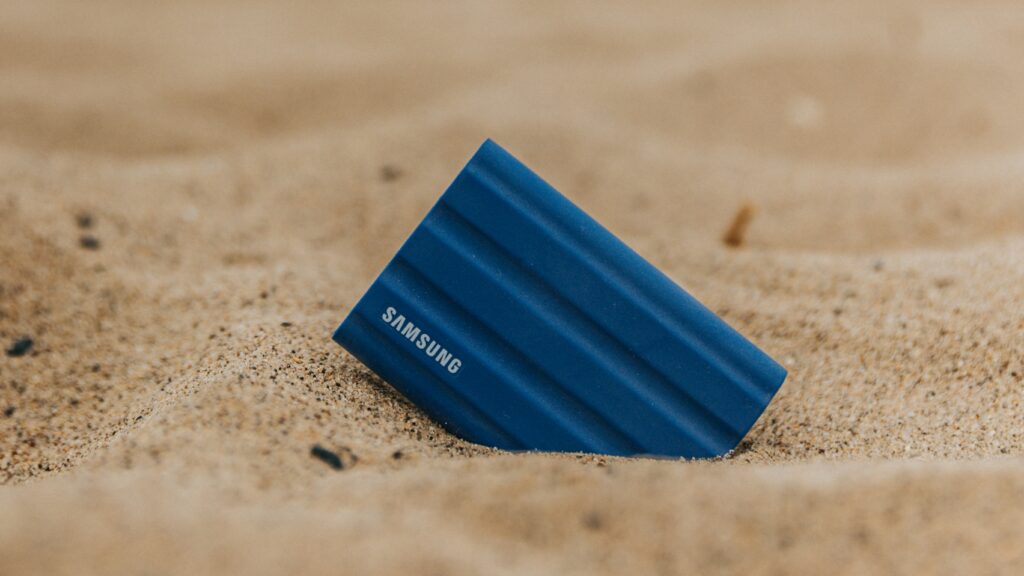
In the world of computers, storage is king. It’s where your precious photos, important documents, and favorite games live. But with so many options available, how do you choose the right storage device for your needs? Today, we’re diving into the epic battle between two storage titans: SSDs and HDDs.
What are SSDs and HDDs?
Before we get into the nitty-gritty, let’s talk about what these storage devices actually are.
HDD (Hard Disk Drive): Think of an HDD like a mini record player. It has spinning platters and a “needle” (called a read/write head) that reads and writes data. HDDs have been around for a while and are a reliable, affordable option.
SSD (Solid State Drive): Imagine a super-fast flash drive. SSDs store data in memory chips, similar to those found in USB drives and SD cards. This makes them incredibly fast and efficient.
The Key Differences: Speed, Durability, and Price
Now, let’s get to the heart of the matter: how do SSDs and HDDs stack up against each other?
Speed: This is where SSDs truly shine. Because they have no moving parts, they can access data almost instantly. This translates to lightning-fast boot times, quicker application loading, and snappier overall performance. HDDs, on the other hand, are limited by the speed of their spinning platters, making them significantly slower.
Durability: With their spinning platters and moving parts, HDDs are more susceptible to damage from drops and bumps. SSDs, being solid-state, are much more durable and can withstand the occasional tumble.
Price: When it comes to cost per gigabyte, HDDs are the clear winner. They offer a lot of storage for a relatively low price. SSDs, while becoming more affordable, are still pricier than HDDs.
Which One Should You Choose?
The best storage device for you depends on your needs and budget.
Choose an SSD if:
- You crave speed and responsiveness.
- You want your computer to boot up in a flash.
- You’re willing to pay a premium for top-tier performance.
Choose an HDD if:
- You need a lot of storage space.
- You’re on a tight budget.
- You primarily use your computer for basic tasks like browsing the web and checking email.
The Best of Both Worlds
In some cases, the ideal solution is to have both an SSD and an HDD. You can use the SSD for your operating system and frequently used applications, and the HDD for storing large files like photos, videos, and music. This gives you the speed of an SSD and the ample storage of an HDD.
Conclusion
SSDs and HDDs are both valuable storage options, each with its own strengths and weaknesses. By understanding the key differences between them, you can make an informed decision and choose the perfect storage solution for your computer.


